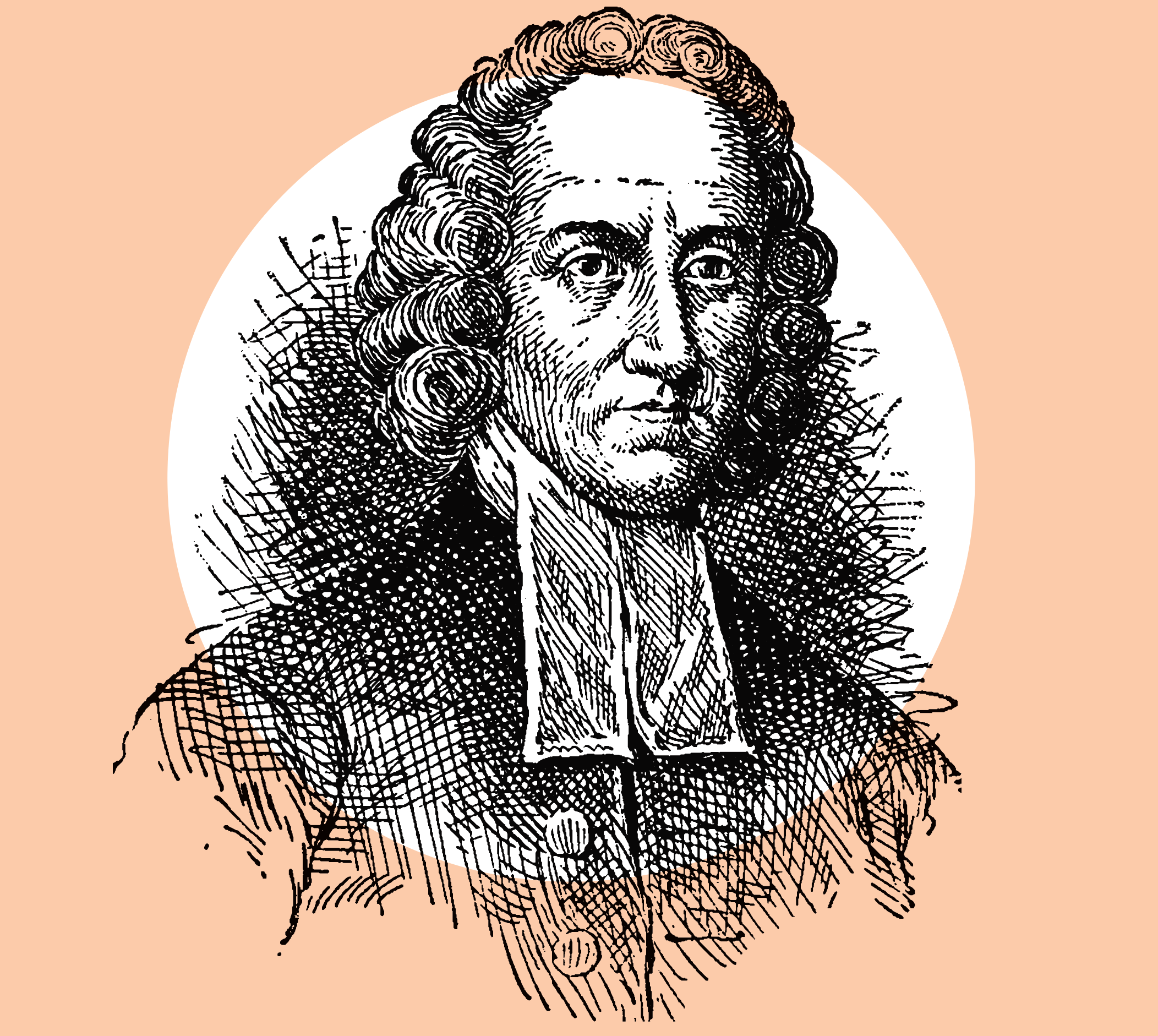This essay originally appeared in the Common Good Monthly email. If you didn’t receive it, sign up here for an original article, essay, or interview on the first Monday of each month.
from the editor
Quiet, please — Bob Dylan is preaching
Today we’re talking about the subject of one of yesterday’s Oscars snubs: Bob Dylan. Dylan is the subject of last year’s biopic A Complete Unknown, which received eight nominations (for Best Picture, Directing, Actor in a Leading Role, Actor in a Supporting Role, Actress in a Supporting Role, Writing (Adapted Screenplay), Costume Design, and Sound) but received awards for none.
There are, of course, many things unknown about Dylan (including why he may have decided against attending and/or performing at the Academy Awards last night, according to Hollywood Reporter). And if you saw the biopic, you may also suspect that “unknown” is just the way Dylan prefers it.
Dylan is, of course, a poet and a songwriter. And according to Ed Marcelle, who writes this month’s feature, Dylan is also a preacher.
Slow Train Coming, a studio album released in 1979, was Dylan’s first of a gospel trilogy, Marcelle writes: “Dylan’s gospel trilogy is often dismissed as a detour, a temporary fixation on religion that he abandoned in favor of returning to his roots. But to view it this way is to miss the essence of Dylan’s artistry. These albums are not an anomaly; they are a culmination.” —Sarah Haywood, managing editor
He’s the property of Jesus
Resent him to the bone
You got something better
You’ve got a heart of stone
In 1986 the music lover’s landscape was changing. CD’s were becoming the new audiophile must-have. My collection was sparse, but one of the few albums I owned was Bob Dylan’s Biograph box set. I had listened to some Dylan, largely through albums that caught my attention while sifting through my older sister’s fruit crates full of vinyl. This felt like a doorway into his expansive world, a curated journey through his peaks and valleys, prognostications, and prayers. I was hooked. Among the tracks was “Every Grain of Sand,” a song that shimmered with spiritual longing and poetic grace. At the time, I couldn’t fully articulate why Dylan’s Christian period captivated me. I would have not identified as a Christian; I only knew that it resonated deeply, a quiet reminder of the divine threading through the mundane.
Dylan’s embrace of Christianity was as polarizing as it was passionate. Critics sneered, fans felt betrayed. This was not a first. Dylan’s move to electric guitar and a backing band at the Newport Folk Festival, if we are to believe the recent biopic A Complete Unknown (2025), was as much a response from Dylan according to his need not to be defined. His resistance to be analyzed, categorized, finalized, or advertised. Some fans said it was just a money grab or an artistic ego showing its breadth. Dylan would say it followed a “visitation” in an Arizona hotel room from “a presence … that couldn’t have been anybody but Jesus,” according to The Independent (U.K.).
Dylan’s album Slow Train Coming was just as out of step with his past persona as electric rocker was at Newport Folk festival. With its polished production and deeply theological lyrics, Slow Train would win Dylan a Grammy for best rock vocal in 1980. Saved followed in 1980, raw and unrelenting in its evangelistic fervor. Finally, Shot of Love the following year bridged the spiritual and the secular, offering a more existential exploration of faith and doubt. A decade later, in the time of my confession to Christ, these albums came back to me. It was a message waiting for me to hear it again.
“Gotta Serve Somebody”
With Slow Train Coming, Dylan entered the Christian music scene not with a whisper but with a declaration. It was the first of the Christian albums. “Gotta Serve Somebody” — track one, side one — is a binary call, as stark and uncompromising as the prophets of old. Dylan confronts the listener with a truth that reverberates throughout Scripture: Life demands a response, from all of us. Like all people of fixed direction, like the Jesus he proclaims, he tears away the middle ground of supposed exemption.
You may be a preacher with your spiritual pride,
You may be a city councilman taking bribes on the side …
But you’re gonna have to serve somebody.
The song draws heavily from biblical motifs of allegiance. And the blunt dichotomies of Deuteronomy — blessings or curses, life or death, God or idols — and Leviticus — clean and unclean — are everywhere. Dylan presses the claim further in another track, “Precious Angel”:
You either got faith or you got unbelief,
And there ain’t no neutral ground.
Sounding like Jesus declaring “Whoever is not with me is against me, and whoever does not gather with me scatters” in Matthew 12:30, this clarity — offensive to some and invigorating to others — drives Slow Train Coming. It is revival music for a world Dylan sees at a moral crossroads, calling individuals to acknowledge the sovereignty of God. Yet, even in its didactic tone, “Gotta Serve Somebody” remains undeniably poetic, its verses brimming with Dylan’s characteristic critic’s wit, pointed at himself.
You might be a rock ’n’ roll addict prancing on the stage
You might have drugs at your command, women in a cage …
But you’re going to have to serve somebody, yes indeed
The song “I Believe in You,” beautifully covered by Sinéad O’Connor, would play at our church for baptisms. Perhaps it was a slow train, but it arrived for the likes of Bob Dylan and many lesser known saints.
“Pressing On”
If Slow Train Coming is about choosing sides, Saved is about staying the course. Raw and unrelenting as the title track, but celebratory like a Sunday morning in a gospel music church, the album captures the emotional reality of a faith journey: the struggles, the triumphs, and the perseverance required to remain steadfast. “Pressing On” is its centerpiece, a spiritual anthem of endurance:
Well, I’m pressing on,
To the higher calling of my Lord.
The song is steeped in biblical imagery, recalling Paul’s exhortation in Philippians to “press on toward the goal for the prize of the upward call of God in Christ Jesus.” The repetition in Dylan’s lyrics mirrors the act of perseverance itself, a ceaseless determination to move forward despite obstacles. The music — driven by gospel piano and swelling background vocals — transports the listener to a Sunday morning sanctuary. It is mystic but too certain to be called “spiritual” anymore. These are worship songs, psalms of ascent for a modern-age pilgrim.
Side one ends with “Solid Rock.” This is Dylan preaching, only not from a pulpit.
For me He was chastised, for me He was hated
For me He was rejected by a world that He created
Nations are angry, cursed are some
People are expecting a false peace to come
Well, I’m hanging on to a solid rock
Made before the foundation of the world
And I won’t let go, and I can’t let go, won’t let go
And I can’t let go, won’t let go and I can’t let go no more
The songs were theologically informed. They were passionate, they set well in gospel music, but one thing they were not was subtle. It would mark another time of exodus of Dylan fans.
“Every Grain of Sand”
By the time Dylan released Shot of Love, his spiritual journey had matured into something more introspective. The zeal of Slow Train Coming and Saved gives way to a nuanced meditation on faith, one that acknowledges the complexity of belief in a broken world. Nowhere is this more evident than in “Every Grain of Sand.”
It was the song that caught my attention on the Biograph box set, a note passed forward to a pilgrim that made sense of the delicate balance that falls on those sinners called to walk towards saintliness.
I hear the ancient footsteps like the motion of the sea,
Sometimes I turn, there’s someone there, other times it’s only me.
The song reads like a modern psalm, blending poetry and theology into a haunting exploration of divine sovereignty and human frailty. Dylan draws from Scripture — Jesus’ teaching in Matthew 10:30 that “even the hairs of your head are all numbered” — and intertwines a personal longing for assurance.
I gaze into the doorway of temptation’s angry flame,
And every time I pass that way I always hear my name.
This line, with its allusion to Genesis and the perpetual pull of sin, captures the tension at the heart of Dylan’s spirituality: the simultaneous awareness of God’s presence and the weight of human weakness. The song culminates in a vision of grace that is neither flashy nor performative but profoundly quiet, like the still, small voice Elijah heard on Mount Horeb.
Musically, “Every Grain of Sand” strips away the exuberance of Saved and replaces it with tender introspection. It’s a song of humility, of awe before the mystery of faith. Dylan’s harmonica and sparse instrumentation allow the words to take center stage, each line a meditation in itself.
Preacher, Poet, and Prophet
Dylan’s gospel trilogy is often dismissed as a detour, a temporary fixation on religion that he abandoned in favor of returning to his roots. But to view it this way is to miss the essence of Dylan’s artistry. These albums are not an anomaly; they are a culmination. Dylan has always been a seeker, a voice crying in the wilderness, whether he’s singing about social justice, personal heartbreak, or divine grace.
Over four decades after the release of these albums, I would see Dylan in concert multiple times. One moment in Albany, New York, stands above the rest. My wife, Diane, and our friend Tom Winslow were with me. At the time, I knew Tom as a gifted musician, someone whose songs I had first heard at a farmer’s market in Troy, New York. Our relationship deepened over time, and I came to know Tom as more than just a musician. He was an older man of quiet wisdom, someone who carried his faith with a steady humility. I was a young pastor who loved folk music and was processing loss at the time. Tom became a friend, a mentor, and a pastor to me. I later learned of Tom’s remarkable journey: He played alongside Rev. Gary Davis, collaborating with Pete Seeger to write the Clearwater anthem, “Hey Looka Yonder (It’s the Clearwater),” and used his music as a voice for restoration and hope. Not long after that concert, Tom passed away, leaving behind a legacy of faith, artistry, and encouragement that continues to shape people to this day.
That night in Albany, Dylan’s gravelly voice filled the arena, and I couldn’t help but reflect on the journey his music had taken me on. Tom, who had spent his life crafting songs of his own, leaned over and whispered, “He’s preaching. That’s what he does.” In that moment, it all clicked. Dylan’s gospel trilogy wasn’t just music; it was his ministry.
And like any good preacher, Dylan wasn’t offering easy answers. He was, however, inviting us to wrestle, to question, to believe.
Dylan’s gospel trilogy may have divided fans and critics, but for those willing to listen, it unifies us with something rare and precious: a glimpse of the eternal in the midst of the everyday. Today, as I revisit those albums, I’m struck by their enduring power. They remind us that faith, like art, is a journey — a slow train coming, a shot of love, a soul saved.





